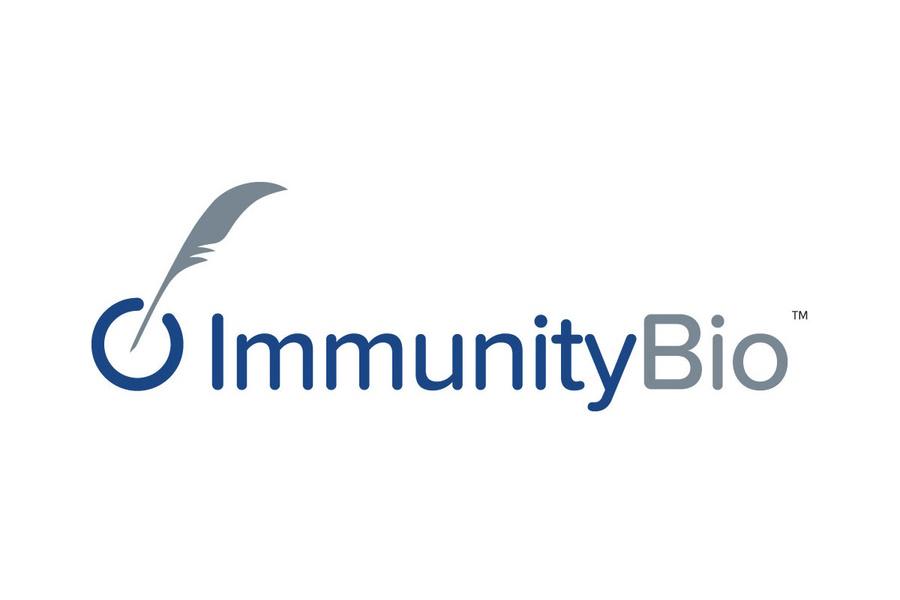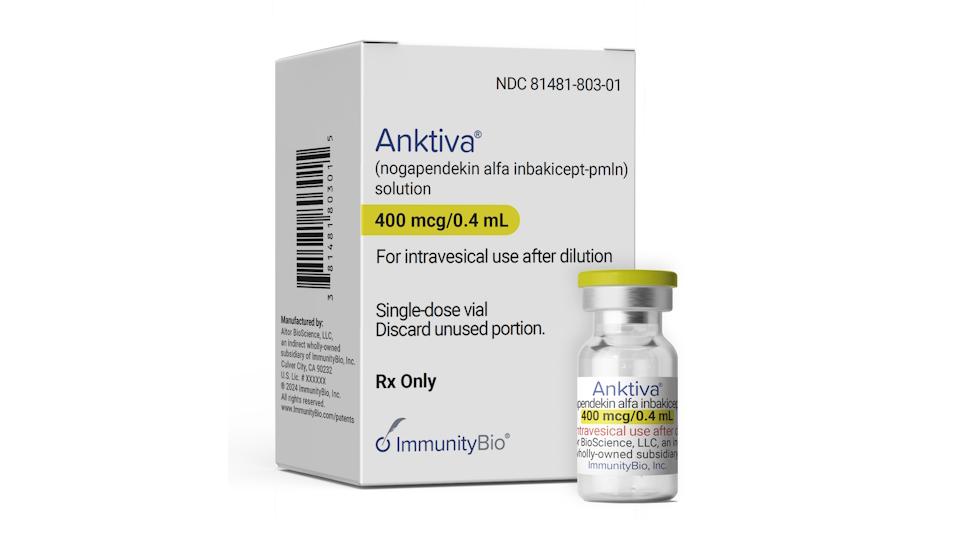FDA rejects ImmunityBio’s bladder cancer drug

Shares in ImmunityBio were in freefall today after it revealed the FDA had rejected its marketing application for Anktiva as a treatment for bladder cancer.
In a complete response letter (CRL), the US regulator indicated it was unable to approve the biologics license application for Anktiva (N-803) in combination with the BCG vaccine in non-muscle invasive bladder cancer (NMIBC) patients who had not responded to the BCG shot on its own.
The problem lies with deficiencies uncovered during an inspection of production facilities operated by ImmunityBio’s contract manufacturing partners for the drug, according to a filing with the Securities & Exchange Commission (SEC).
“Satisfactory resolution of the observations noted at the pre-license inspection is required before the BLA may be approved,” said the update, noting that the deficiencies are related to the chemistry, manufacturing and controls (CMC) elements of the application.
The California biotech said it had not been asked for any new preclinical or clinical data on Anktiva, an IL-15 superagonist, but the FDA did want more data on the duration of response seen with the drug and a safety update.
If the issues were confined to CMC, the delay could be expected might be fairly short, but the other requests rattled investors who were trying to gauge the impact of the decision, given that ImmunityBio is running low on cash reserves. Shares were down around 56% at the time of writing.
The company indicated that it was seeking a meeting with the FDA to get a fuller understanding of what is required and will refile for approval as quickly as possible.
ImmunityBio also said that previously-announced negotiations with an unnamed “large biopharmaceutical company” for commercialisation of Anktiva were not affected by the CRL, but it indicated in the update that is still uncertain about its long-term viability as a going concern. It added that it still hopes to complete the deal before the end of the year.
There are few treatment options for patients who develop BCG-unresponsive bladder cancer, which raises the risk of the cancer spreading throughout the body. Around 40% of patients don’t respond to BCG, and many go on to have their bladder removed to try to limit the disease.
In the QUILT 3.032 trial, Anktiva plus BCG achieved a complete response rate of 71%, a median duration of response of almost 27 months, and a 90% reduction in the need for bladder removal surgery.
Since Anktiva was filed, however, a rival therapy for BCG-unresponsive NMIBC has however been approved by the FDA. Ferring Pharmaceuticals’ Adstiladrin (nadofaragene firedenovec) gene therapy was cleared last December after priority review, breakthrough therapy and fast-track designations, and is due to be launched in the US later this year.













